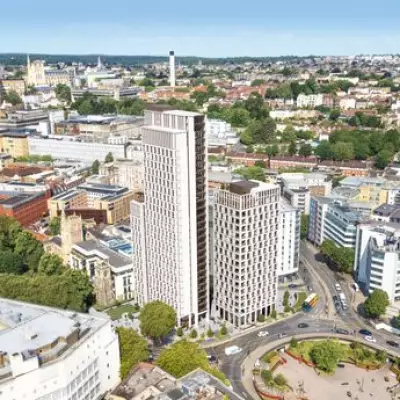
In a landmark announcement that could transform the lives of hundreds of thousands of British families, Labour leader Sir Keir Starmer has confirmed his party will abolish the controversial two-child benefit limit if they form the next government.
What is the Two-Child Benefit Cap?
The controversial policy, introduced by the Conservative government in 2017, restricts child tax credit and universal credit to the first two children in a family. This means families don't receive additional support for third or subsequent children born after April 2017, with some limited exceptions.
The Human Impact
Recent analysis reveals the staggering scale of this policy's effect:
- Over 1.5 million children currently live in households affected by the cap
- Approximately 400,000 families across the UK are impacted
- Many families lose up to £3,235 per year per additional child
Labour's Changing Position
Sir Keir Starmer's announcement represents a significant policy U-turn for the Labour Party. While previously committed to scrapping the cap, the party had recently suggested it might not be an immediate priority due to budget constraints.
"This is about making tough choices," Starmer explained during his LBC radio interview. "We've had to look at the public finances and decide where our priorities lie. Lifting this cap is now a firm commitment."
Political Reactions
The announcement has sparked intense debate across the political spectrum. Anti-poverty campaigners have welcomed the move, calling it "a vital step toward ending child poverty".
However, Conservative ministers have raised concerns about the financial implications, suggesting the policy reversal could cost billions at a time when economic stability remains fragile.
What Happens Next?
With the general election approaching, this policy commitment positions child poverty and family welfare as key battleground issues. The move signals Labour's intention to make social justice and family support central pillars of their election campaign.
As one political analyst noted: "This isn't just about welfare policy - it's about defining what kind of country we want to be post-election."





